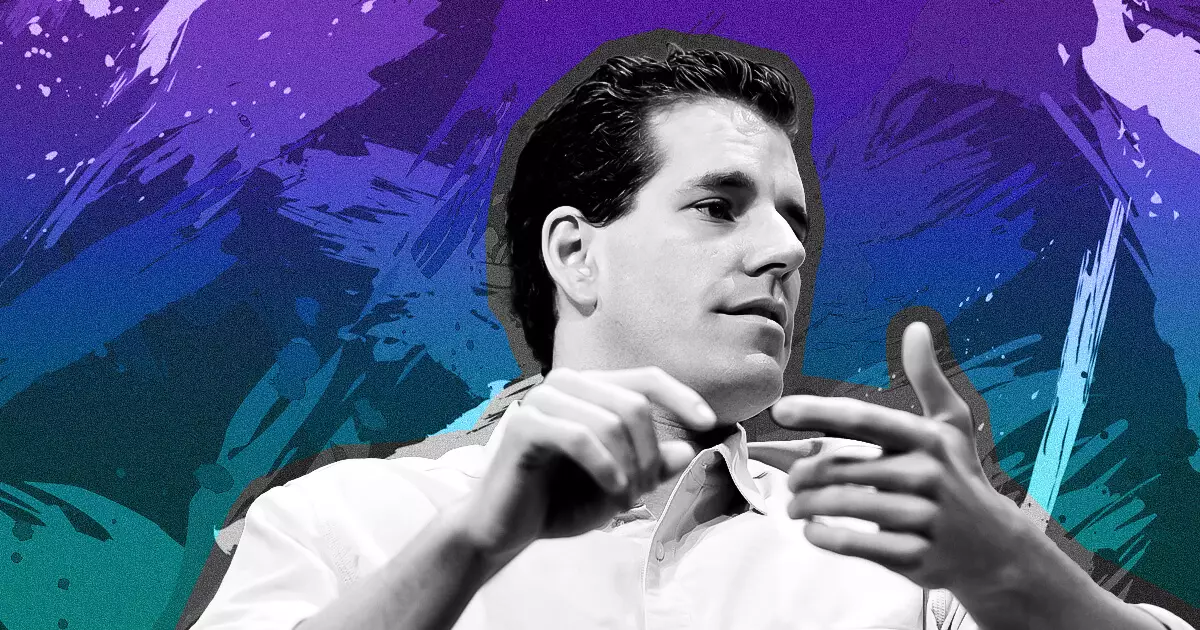The crypto exchange Gemini co-founder, Tyler Winklevoss, recently made headlines with his scathing remarks about the Vice President Kamala Harris’ crypto stance reset. In a social media post, Winklevoss labeled Harris’ actions as a “scam” following the Federal Reserve’s crackdown on a crypto-friendly bank. This bold accusation raises significant questions about the motives and implications behind Harris’ purported reset.
The Federal Reserve Crackdown
Winklevoss’ criticisms were fueled by the Federal Reserve’s enforcement action against Customers Bank, a key player in the crypto banking industry. The 13-page enforcement action mandated that Customers Bank provide a written notice to the Federal Reserve before forming new banking relationships with crypto firms. This move by the Federal Reserve raised concerns about the creation of a choke point that could hinder the operations of crypto companies.
Principles-Based Regulation vs. Centralization
One of the central arguments made by Winklevoss was the shift from principles-based regulation to centralized decision-making by the Federal Reserve. He contended that banks should have the autonomy to choose their clients without the intervention of a regulatory body. By centralizing the decision-making process, Winklevoss feared that the Federal Reserve was overstepping its bounds and creating a choke point for the industry.
Another key point of contention raised by Winklevoss was the lack of transparency in the Federal Reserve’s enforcement action. He criticized the “non-allegation allegations” and vague accusations leveled against Customers Bank without substantial evidence to support them. This lack of clarity not only undermines the credibility of the enforcement action but also raises doubts about the Federal Reserve’s true motives.
Sinister Motives and Control
Winklevoss went a step further by suggesting that the Federal Reserve’s true intention was to gain control over Customers Bank’s decision-making process. He warned of a larger agenda aimed at controlling which industries and companies the bank can serve. This assertion implies a sinister motive behind the Federal Reserve’s actions and raises concerns about the potential abuse of power in the banking sector.
In a chilling prediction, Winklevoss warned that the Federal Reserve’s current actions were just the beginning. He suggested that if Harris were to win the upcoming election, the gloves would come off, indicating a potentially more aggressive approach towards the crypto industry. This ominous warning serves as a cautionary tale for all stakeholders in the crypto and banking sectors.
Tyler Winklevoss’ critical analysis of the alleged crypto scam involving Vice President Kamala Harris and the Federal Reserve raises important questions about regulatory transparency, centralization of power, and potential abuses of authority. His bold accusations shed light on the intricate relationship between the government, regulatory bodies, and the financial industry, urging stakeholders to remain vigilant in the face of potential threats to the integrity and autonomy of the crypto sector.
















Leave a Reply